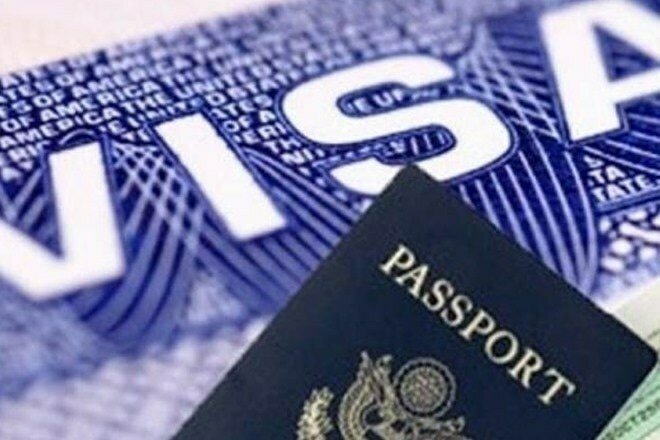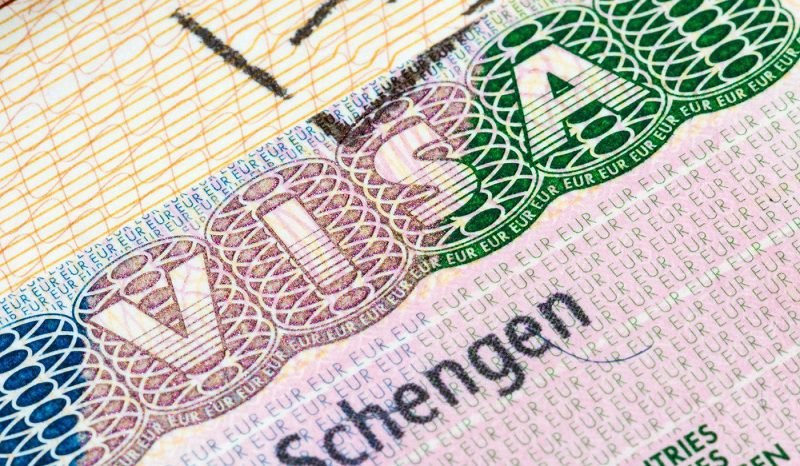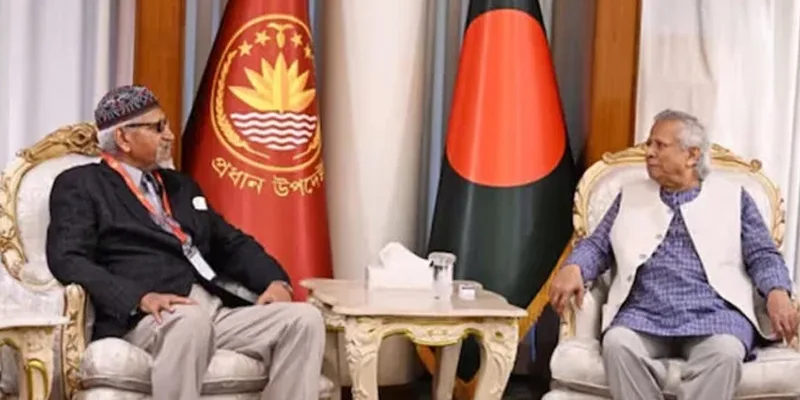
In an important consular update, the U.S. Department of State has announced that starting May 19, 2025, all immigrant visa applicants must present all required original documents at the time of their interview. Applicants who arrive without the complete set of required originals will not be interviewed and must reschedule, potentially facing delays of several months before securing a new appointment.
This policy applies to all immigrant visa applicants worldwide, regardless of their country of origin. The U.S. Embassy in Manila emphasized that missing documents not only delay individual applications but also reduce the number of interviews that can be conducted each day, affecting the broader visa processing timeline.
To avoid delays, applicants must bring the following documents to their interview (requirements may vary slightly by case, and applicants should confirm details on travel.state.gov):
- A valid passport (must be valid for at least 60 days beyond the intended travel date)
- Original civil documents, including:
- Birth certificates
- Death certificates, if applicable
- Marriage certificates
- Certificate of No Marriage (CENOMAR)
- Advisory of Marriages
- Proof of termination of previous marriages (e.g., court decrees, annulments, or death certificates)
- Philippine NBI Clearance for applicants aged 16 and older
- Foreign police certificates from countries where the applicant lived or worked for 12 months or more
- Affidavit of Support (Form I-864) with supporting financial documents from the sponsor or joint sponsor
- DS-260 Confirmation Page
- Interview appointment letter
Additional documents may be required depending on the case, such as:
- NBI clearance with aliases for individuals with nicknames or alternate spellings in legal documents
- The petitioner’s original birth certificate in family-based petitions
- Original proof of termination of prior marriages
Applicants are strongly advised to thoroughly review the official document checklist well in advance of their interview, ensure they have original documents rather than photocopies, and include certified translations for any documents not in English. Careful preparation is essential to avoid delays that could significantly impact the immigration process.




















